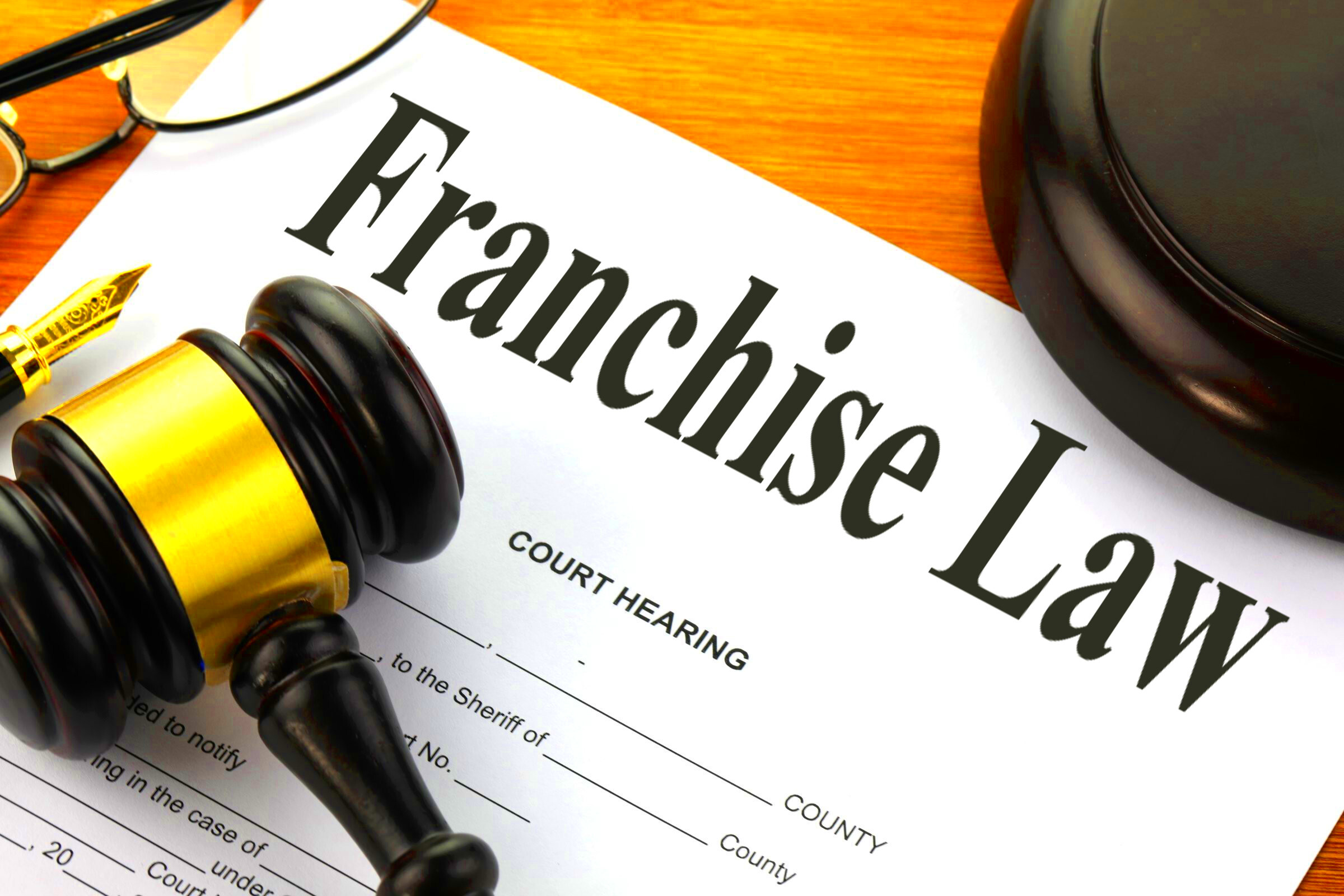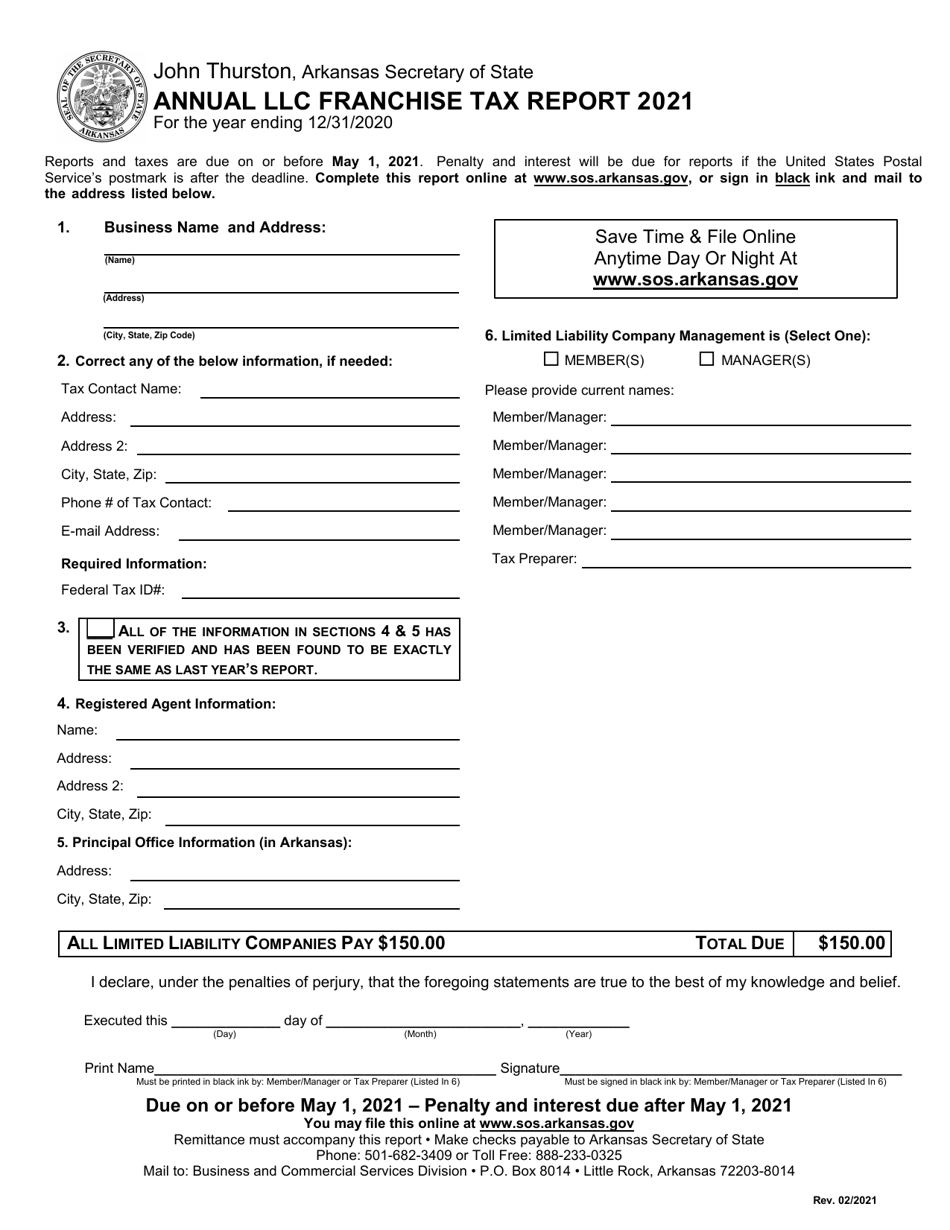Overview of Arkansas Franchise Law
Arkansas’ laws regarding franchising will need the attention of any potential franchisors or franchisees. Every state including Arkansas has regulations to govern how franchises operate so that the interests of both sides are taken care of. It is, therefore, necessary for anyone who wants to start their own franchise or invest in an existing one to understand all these rules. This article covers some fundamental components about franchising law in Arkansas that will help you have a better understanding on how to maneuver through this confusing area.
Understanding Franchise Agreements in Arkansas

The foundation on which every franchise relationship rests is represented by the franchise agreement. The contract specifies what terms and conditions apply to operating under a certain brand name as authorized by the franchisor to a particular franchisee. For instance, Arkansas has laws that make such agreements enforceable in court and thus compel both parties fulfill them strictly.
In Arkansas, the typical elements of a franchise agreement include:
- Franchise Fees: This includes both the initial franchise fee and ongoing royalty payments.
- Territorial Rights: Franchise agreements often specify the geographical area where the franchisee can operate, limiting competition between franchises.
- Training and Support: The franchisor usually provides initial training and ongoing support to help the franchisee succeed.
- Marketing Obligations: The franchisee may be required to contribute to a marketing fund or follow specific marketing guidelines.
The importance of understanding how these contracts are interpreted by Arkansas courts in case of disputes cannot be overstated. Generally speaking, contracts are interpreted according to their specific words and phrases; hence why it is essential for one to go over each and every word in the document before affixing their signature on it.
Franchise Registration Requirements in Arkansas

Arkansas does not have its own franchise-specific registration laws, but franchisors must comply with federal regulations under the Federal Trade Commission (FTC) Rule. This means that before offering a franchise, franchisors must provide a Franchise Disclosure Document (FDD) to potential franchisees at least 14 days before any agreement is signed. The FDD includes critical details like:
- Company background and history
- Litigation history, if any
- Franchise fees and financial obligations
- Training and support offered to franchisees
- Financial performance representations
In Arkansas, the additional registration of franchise is not required; yet federal regulations must be adhered to. Franchisees ought to read FDD properly and seek legal assistance where necessary before moving forward.
Key Legal Obligations for Franchisors

Arkansas-based franchisors have a number of important legal obligations that must be fulfilled if they are to have a smooth, legal franchise operation. These duties are meant to safeguard the franchisees’ interests and uphold the credibility of franchising as a whole. For this reason, it is essential for the franchisors to fully comprehend these responsibilities in order to avoid any legal issues in the future.
Among the major legal duties that franchisors have in Arkansas are:
- Providing a Franchise Disclosure Document (FDD): As mandated by the Federal Trade Commission (FTC), franchisors must give prospective franchisees an FDD at least 14 days before signing any contract. This document provides essential information about the franchise, including the history of the business, fees, and legal history.
- Fair Dealing: Franchisors are expected to act in good faith and engage in fair dealings with their franchisees. Any form of deception or unfair business practices could lead to legal disputes.
- Training and Support: Franchisors must provide initial training and ongoing support to franchisees, as specified in the franchise agreement. This ensures the franchisee operates within the brand’s standards.
- Compliance with Advertising Guidelines: Franchisors are responsible for setting clear guidelines on how their brand can be advertised. This ensures that the franchisee’s marketing aligns with the company’s broader image.
- Termination and Renewal Clauses: The franchise agreement must clearly outline the conditions for termination or renewal. Franchisors must follow these procedures carefully to avoid wrongful termination claims.
The aversion to observing these obligations can lead to the lawsuits, fine and even forfeiture of the franchising rights. Therefore, adherence is not formality, but really must do.
Franchisee Rights and Protections in Arkansas
That is part of the training curriculum-up until October 2023.
In Arkansas, franchisees possess the following main rights:
- Right to Full Disclosure: Franchisees must receive a complete Franchise Disclosure Document (FDD) before signing any agreement. This document is essential for making an informed decision about the franchise.
- Right to Fair Treatment: Arkansas courts recognize that franchisors must act in good faith and engage in fair business practices. If a franchisor engages in unfair or deceptive behavior, franchisees have the right to seek legal action.
- Protection from Unlawful Termination: Franchisees are protected from unjust or premature termination of their agreements. Franchisors must follow the procedures outlined in the agreement and give proper notice before terminating.
- Right to Information on Financial Performance: Franchisees have the right to request and receive information about the financial health of the franchise system. This helps them assess the viability of the business before and during their operation.
- Right to Participate in Marketing Funds: If franchisees contribute to a marketing fund, they have the right to know how those funds are being used. Misuse of marketing funds by franchisors can lead to legal action.
Such rights provide basic security thus franchisees feel confident when venturing into any franchise contract in Arkansas.
Dispute Resolution and Mediation in Franchise Law
Franchise relationships aren’t simple. Quarrels can erupt on different aspects, which may include: payment of royalties; territorial rights among others. In Arkansas disputes within franchises are usually resolved using mediators or arbitrators before being taken to courts of law. Mediation as well as arbitration are less expensive and consume less time when compared with normal law suits.
Below is a summary of how is handled the dispute in most cases in franchising:
- Mediation: This is often the first step in resolving franchise disputes. A neutral third party (the mediator) helps both sides come to a mutually agreeable solution. Mediation is non-binding, which means the parties don’t have to accept the mediator’s recommendations, but it often leads to quicker resolutions.
- Arbitration: If mediation fails, many franchise agreements include an arbitration clause. In arbitration, an arbitrator makes a binding decision on the dispute after hearing evidence from both sides. This is usually faster and less expensive than court litigation but comes with limited rights to appeal.
- Litigation: When neither mediation nor arbitration resolves the issue, franchise disputes may proceed to court. Arkansas courts generally enforce franchise agreements as written, so it’s essential that both parties understand their contractual obligations clearly.
Dispute settlement is important for the upkeep of a just and impartial connection amid franchisors and franchisees. It is always better to settle issues amicably through mediation first, however when situations intensify, it’s important to know what legal alternatives you have.
Recent Changes or Updates in Arkansas Franchise Law
Franchise laws evolve to address new business practices and challenges, and Arkansas is no exception. While Arkansas doesn’t impose franchise-specific state laws, it’s important to stay informed about updates in federal laws that apply here, particularly under the Federal Trade Commission (FTC) rules.
Franchise operations have been influenced by some important modifications that have occurred over the past couple of years.
- Disclosure Requirements: Updates in the FTC Franchise Rule have emphasized the need for clearer and more detailed disclosure in Franchise Disclosure Documents (FDD). Franchisors are required to be more transparent about fees, litigation history, and financial performance.
- Focus on Financial Representations: If a franchisor provides any financial performance representation, it must be based on solid data. The FTC is cracking down on vague or misleading projections that might set unrealistic expectations for franchisees.
- COVID-19 Impact: The pandemic forced changes in how businesses operate. Many franchise agreements have adapted to include clauses that cover force majeure events, ensuring that both parties are aware of their rights and obligations during unexpected disruptions.
Near the top of the list is the necessity of being aware of federal regulations, which can have a major impact on the way franchises do business in Arkansas. Therefore, it is important for both franchisors and franchisees to periodically examine their contracts and discuss them with lawyers so as to guarantee compliance with the new rules.
Common Pitfalls in Franchise Operations
Franchising offers an appealing business model, at least for some people; yet it does come with certain dangers. Those who choose this route may find themselves surprised by common pitfalls with these franchises in Arkansas that can cost them money and even land them in jail. Thus, being aware of such challenges will save you from making expensive mistakes.
These are some of the most frequent mistakes made in running franchises:
- Inadequate Research: Franchisees sometimes jump into agreements without fully understanding the business model, market conditions, or franchise system. A lack of due diligence can lead to disappointment and financial loss.
- Underestimating Costs: Many franchisees underestimate the total cost of running a franchise. Beyond the initial fees, there are ongoing expenses like royalties, marketing contributions, and operational costs. Over time, these can add up, putting strain on the franchisee’s finances.
- Poor Communication: A lack of communication between the franchisor and franchisee can lead to misunderstandings and unmet expectations. Regular, open dialogue is essential for maintaining a healthy franchise relationship.
- Failure to Follow the Franchise System: Franchisees are required to operate according to the franchisor’s established system. Deviating from the model can result in inconsistent quality or brand damage, which can lead to legal action or termination of the agreement.
- Ignoring Legal Obligations: Both parties need to stay compliant with legal obligations, from disclosure requirements to operational guidelines. Failure to do so can result in penalties or lawsuits.
This helps to cultivate awareness and understanding of the critical steps that franchisees and franchisors must undertake in order to avoid such issues as described above hence attaining long term success.
Frequently Asked Questions about Arkansas Franchise Law
Franchising can be a perplexing affair; hencealot of questions emerge. Given below in this article are some of the frequently asked questions (FAQs) about franchise law in Arkansas:
1. Does Arkansas have its own franchise laws?
No, Arkansas does not have state-specific franchise laws. Franchisors must comply with federal regulations under the FTC Franchise Rule.
2. What is a Franchise Disclosure Document (FDD), and why is it important?
The FDD is a critical legal document that provides potential franchisees with essential information about the franchisor, including fees, litigation history, and financial data. It’s required by law under the FTC Franchise Rule and must be provided at least 14 days before signing any franchise agreement.
3. What should I watch out for in a franchise agreement?
It is recommended the potential franchisee consults with franchise lawyers prior to signing the agreements so as to avoid misunderstanding terms related to franchise fees, territorial rights and clauses relating to termination or renewal also both parties obligations.
4. How are disputes between franchisors and franchisees typically resolved?
Mediation and arbitration clauses are present in most franchise contracts before resorting to the court of law. These approaches are usually cheaper and quicker as compared to litigation.
5. Can a franchisor terminate my agreement without cause?
There’s no reason for a Franchisee to take action against such; every state has its laws regarding franchises and each franchisor is entitled to operate within those limits. However, if a franchisor violates that agreement by moving into another territory or stopping support services altogether, then it would be termed as wrongful termination of the franchise which is punishable by law.
Some basics are discussed in these questions and answers, but for more questions it is always better to contact a lawyer that is specialized in franchise law.
Conclusion and Final Thoughts on Arkansas Franchise Law
In summary, while Arkansas may not have state-specific franchise laws, federal regulations like the FTC Franchise Rule play a significant role in shaping the legal landscape. Both franchisors and franchisees must adhere to strict guidelines to ensure fairness, transparency, and compliance. Understanding key aspects like franchise agreements, disclosure requirements, and dispute resolution methods can go a long way in fostering successful franchise operations. Staying informed about recent legal updates and avoiding common pitfalls will help both parties navigate the franchising journey smoothly and sustainably.


